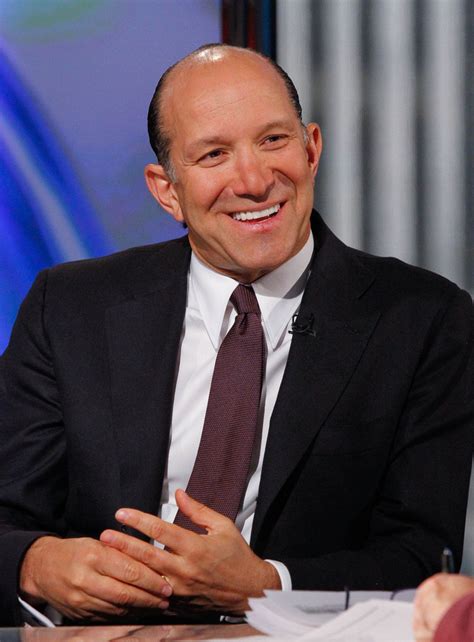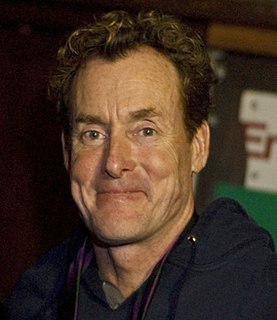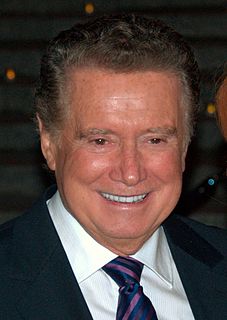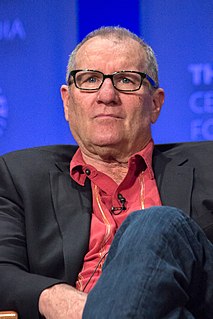A Quote by Howard Lutnick
I worked during summers on the foreign exchange desk as a dollar/yen broker for Noonan, Astley & Pierce. I used to write the chairman notes about how he could improve his business. And I met Bernie Cantor through this job.
Related Quotes
That day the U.S. announced that the dollar would be devalued by 10 percent. By switching the yen to a floating exchange rate, the Japanese currency appreciated, and a sufficient realignment in exchange rates was realized. Joint intervention in gold sales to prevent a steep rise in the price of gold, however, was not undertaken. That was a mistake.
I worked on the floor of the New York Stock Exchange back when they used to write tickets. And I was just a runner. So a guy would write a ticket and I would run it, and it was endless. That was a hard job. And I dug tungsten... for a coal company in Wyoming one summer, and that was pretty miserable.
I've met God across his long walnut desk with his diplomas hanging on the wall behind him, and God asks me, 'Why?' Why did I cause so much pain? Didn't I realize that each of us is a sacred, unique snowflake of special unique specialness? Can't I see how we're all manifestations of love? I look at God behind his desk, taking notes on a pad, but God's got this all wrong. We are not special. We are not crap or trash, either. We just are. We just are, and what happens just happens. And God says, 'No, that's not right.' Yeah. Well. Whatever. You can't teach God anything.
To me, the newspaper business was a way to learn about life and how things worked in the real world and how people spoke. You learn all the skills - you learn to listen, you learn to take notes - everything you use later as a novelist was valuable training in the newspaper world. But I always wanted to write novels.
You know, I never knew if I had any talent when I started in this business. My first job was being a page at The Tonight Show. I saw Jack Paar come out one night and sit on the edge of his desk and talk about what he'd done the night before. I thought, 'I can do that!' I used to do that on a street corner in the Bronx with all my buddies.
You know, I never knew if I had any talent when I started in this business. My first job was being a page at The Tonight Show. I saw Jack Paar come out one night and sit on the edge of his desk and talk about what hed done the night before. I thought, I can do that! I used to do that on a street corner in the Bronx with all my buddies.
To retire by the age of 35 was my goal. I wasn't sure how I was going to get there though. I knew I would end up owning my own business someday, so I figured my challenge was to learn as much as anyone about all businesses. I believed that every job I took was really me getting paid to learn about a new industry. I spent as much time as I could, learning and reading everything about business I could get my hands on. I used to go into the library for hours and hours reading business books and magazines.
There used to be this guy called Vinny who worked on the floor of the stock exchange, said one big investor who had observed the market for a long time. After the markets closed Vinny would get into his Cadillac and drive out to his big house in Long Island. Now there is the guy called Vladimir who gets into his jet and flies to his estate in Aspen for the weekend. I used to worry a little about Vinny. Now I worry a lot about Vladimir
To be sure, the use of force by one party in a market transaction in order to improve his price was no invention of capitalism. Unequal exchange is an ancient practice. What was remarkable about capitalism as a historical system was the way in which this unequal exchange could be hidden; indeed, hidden so well that it is only after five hundred years of the operation of this mechanism that even the avowed opponents of the system have begun to unveil it systematically.

































